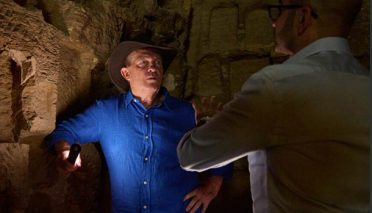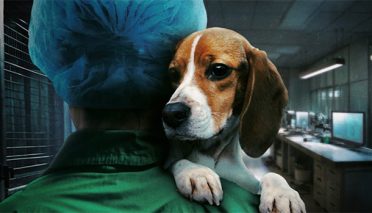 Czech prodco Dramedy has built a reputation for its scriptwriting and quality historical dramas. This winning formula means the company is now expanding its facilities and turning its sights on entertainment and international coproductions, says CEO Filip Bobiňski.
Czech prodco Dramedy has built a reputation for its scriptwriting and quality historical dramas. This winning formula means the company is now expanding its facilities and turning its sights on entertainment and international coproductions, says CEO Filip Bobiňski.
Veteran Czech writer, producer and showrunner Filip Bobiňski is used to wearing several hats, but the two being donned the most, at the moment, are in his roles as CEO of Prague-based Dramedy Productions and as board member of the Czech Audiovisual Producers Association (APA).
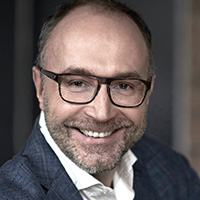
Filip Bobiňski
That’s because, on the one hand, Dramedy is in the midst of expanding its studios to facilitate a move into entertainment, at the same time as meeting the company’s ever busy drama production roster.
On the other hand, a new Czech audiovisual law means, for the first time, international streaming platforms, such as Netflix, will soon have to contribute a portion of their revenues to local TV and film productions. It’s a big deal for the Czech indie production sector, and it’s been keeping board members of the country’s producers’ association busy for some time now.
“We have been fighting for investment quotas,” explains Bobiňski, who would dearly like to see the Czech Republic come into line with European nations, such as France and Italy, where audiovisual regulations mean double-digit percentages are required to be invested back into local productions.
Instead, after months of tough negotiations and lobbying from different sectors of the industry, the amendment to the Czech audiovisual law, which is expected to come into force in 2025, is anticipated to deliver a single digit 2% levy.
Nonetheless, it was hailed as a “landmark agreement” by the APA in June last year, because as it put it “all participants in the audiovisual market, such as cinemas, TV, broadcast acquisitions and VoD”, will have to invest an equal percentage of their revenues, and “international platforms such as Netflix will also have to contribute to the system”.
In addition to the 2% levy, streaming platforms will have to earmark another 1.5% of their Czech revenues to local content in the form of direct investment, including original production, coproduction, acquisition and even areas such as dubbing a Czech series on a platform for foreign markets.
An important aspect of the new law for Czech producers is that the vehicle for the levy, the Czech Audiovisual Fund (fka the Czech Film Fund) will expand its remit beyond the big screen to the small screen.
“The film fund will also finance TV content,” says Bobiňski. “This will increase the quality and possibility to invest in bigger projects.”
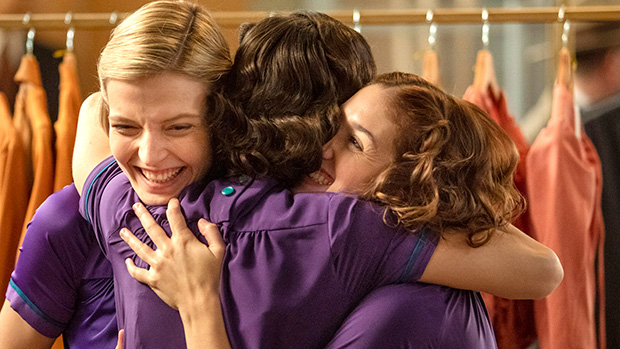
The third and final series of series Golden Swan proved a hit
And, he adds: “An important part [of the new law] is that 1% from the 2% levy can be compensated by the direct investment as well. So, in the end, streamers can pay 1% to the fund and spend 2.5% in direct investment, of which a minimum 50% must be spent with independent producers.”
The battle over the new law – and another fight over the future subscription fee of the public broadcaster, Czech Television – have both been playing out against a backdrop of a booming Czech audiovisual sector. According to the APA, the industry posted a record turnover in 2022 of over CZK15bn (US$64m), surpassing a previous record of CZK12bn in 2021.
For Dramedy, this boom is perhaps best epitomised by the successful long-running series Golden Swan (Zlatá Labut), which began airing its third and final season in early February and marked Czech commercial broadcaster TV Nova’s first foray into period drama.
Written and produced by Bobiňski, Jan Coufal and Petr Šizling, the drama is set in a department store in Prague, when the capital was in a part of the country annexed by Nazi Germany. “It’s inspired by the shopping mall of the times, which was opened around the days when the German occupation started,” explains Bobiňski, describing it as “a relationship telenovela series.”
The first season averaged a 21.2% share when it premiered as a bonus to VoD platform Voyo’s subscribers in January 2023. The series’ popularity crossed borders too, thanks in no small part, according to Bobiňski, to a lesbian relationship depicted in the storyline, which was picked up by social media.
“[In the series] the [female] boss, who is the head of the family, is in love with one of the sales girls and they became super popular as a couple and it was circulating on social media in English around the world,” recounts Bobiňski. “We were really pleased with that.”
Golden Swan was a hit closer to home too, where the format of the show was picked up by Slovakia and remade into a version that Bobiňski expects to last a longer run than the original. “It’s very popular there,” he says. “It’s a cheaper production, but it looks okay and people love it. And it’s very different because the Slovak circumstances of the Second World War are different historically. But the basic synopsis and the first 40 episodes, especially, are the same.”
The costs of producing Dramedy’s original version of Golden Swan came in at around €200,000 per episode, according to Bobiňski, a fraction of the cost of a period drama such as Downtown Abbey. Nevertheless, “It looks quite beautiful,” says Bobiňski, who compares the production quality to Velvet, the Spanish TV series set in a fashion house in the 1950s.
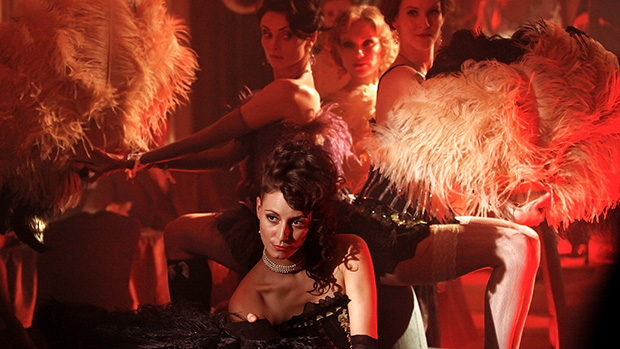
The Manor House has been sold to over 54 countries, including the US and China
Achieving this quality on such a low budget required “80% of the drama to be shot in studios,” according to its producer. “As a company, we have our own studios and we have been building a new 1,250 sqm set,” says Bobiňski. “That was the whole concept from the very beginning; to shoot the maximum amount in the studio, because otherwise the commercial broadcaster wouldn’t be able to cover the costs. It worked well and the audience loved it because of the costumes and because of the interiors and, many times, we have had people visiting the studio.”
The expansion of Dramedy’s studio facilities began in 2017 when the production company was shooting the third season of its series The Manor House, another period family saga set in1920s Prague, but this time coproduced with pubcaster Czech TV.
“We made a 50/50 deal with the developers of a brownfield site 15 minutes from Prague’s centre,” says Bobiňski. “The current studio houses a 900 sqm set and we have another 3,000 sqm of administrative and storage building, which we can use to build some parts of the decoration for shooting as well. And it is also used as a base for production teams, props, costume, make-up department and storage, rooms for actors, etc. And part of this 3,000 sqm building is rented as offices to the third parties.”
Bobiňski says the additional studio space will open in September. “It will have a 1,250 sqm set and 800 sqm of the supporting space, such as production offices, catering, make-up, props and costume departments and storage.”
Most of Dramedy’s studio space is given over to TV drama productions, but Bobiňski says the new facilities is also “planned to be used for entertainment”.
By entertainment, Bobiňski means shows “where the script is still important”. This is because Dramedy, which was established in 2003, has always specialised in scripted content and because Bobiňski believes linear TV in the Czech Republic needs to offer something different to the streamers that it can’t compete with, in terms of costs, when it comes to fiction.
“I really believe that linear TV needs more live [shows] and entertainment programming,” he notes. Bobiňski says it’s too early to name any projects as the company is still “trying to identify where, with our experience in scripted, we can add some value to entertainment. This could be shows, where you have comedy elements, but also well-researched and well prepared with elements of the show, which are scripted. In the 1980s, we had a good tradition of this [type of show] but it has disappeared or is not of reasonable quality.”
Elsewhere, the CEO says Dramedy has “two or three great projects, which will probably happen in the next two to three years with Czech TV,” as well as three drama coproductions in development. Two of these are romantic dramas based on “historical figures from the CEE region,” while the other emanates from the region’s more recent past.
“It is a series inspired by the life of Ladislao Kubala, the Czechoslovak-Hungarian football player of the 1950s and 1960s who became the founder of the successful Barcelona football club. [It looks at his] life in Stalinist Czechoslovakia and his escape and journey through post-war Europe. It is a very attractive story covering an interesting period, as well as being about football.”
The latter project is not the first time Dramedy has delved into the more recent history of the region and made a success of it. The company’s award-winning series, Wonderful Times, ran for 115 episodes between 2009 and 2013, and explores the socialist Czech and Slovak history over three generations of a family.
Looking forward, Bobiňski has his sights on retaining more rights to the TV series that Dramedy produces, something he admits “is very hard” for Czech producers to negotiate. Nevertheless, Dramedy has retained a share of revenues for sales outside of the region for Golden Swan and was able to strike a similar deal for The Manor House, which has sold to over 54 countries, including the US and China.
“This is always an important part of our conditions, because we know it is not possible to run a production company and invest in development without some library sales revenues,” explains Bobiňski.
With that in mind, it looks like Bobiňski will be wearing his APA hat for a good while yet.









